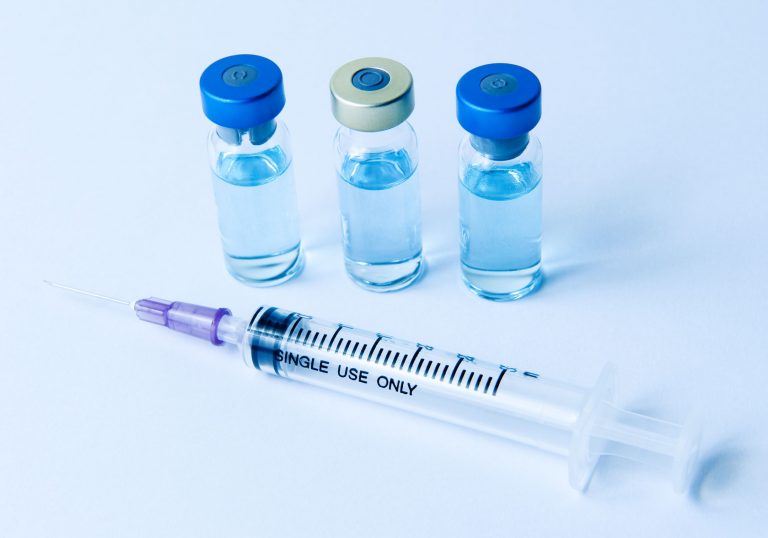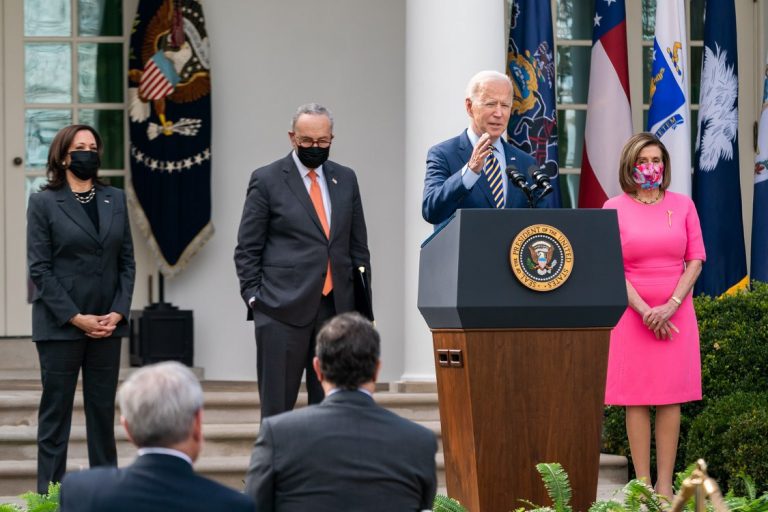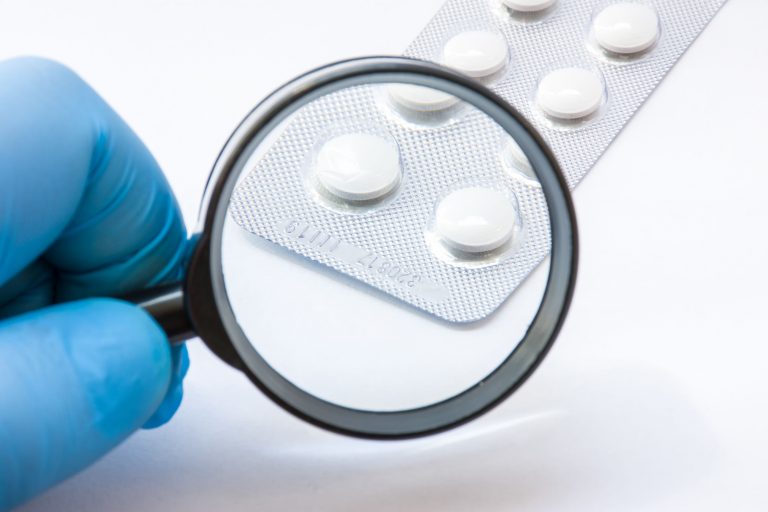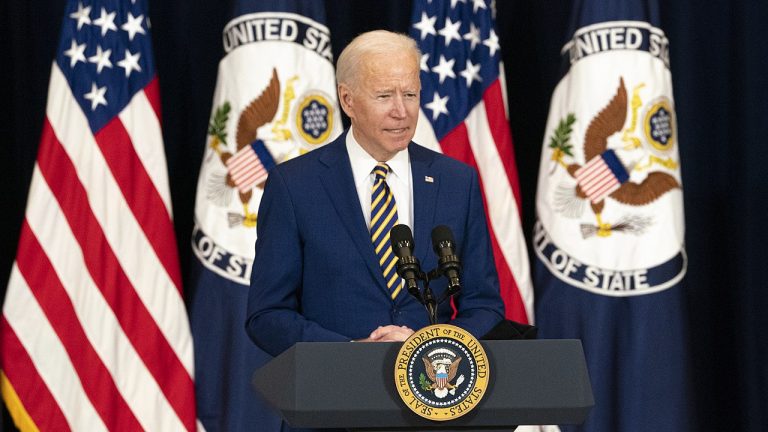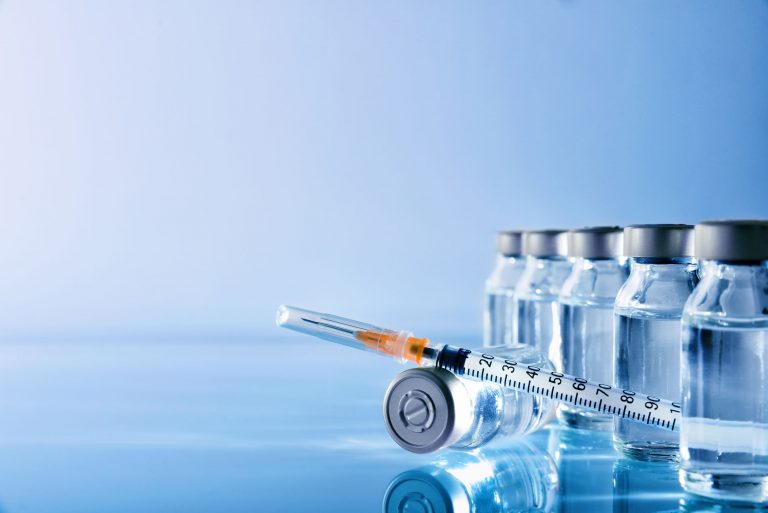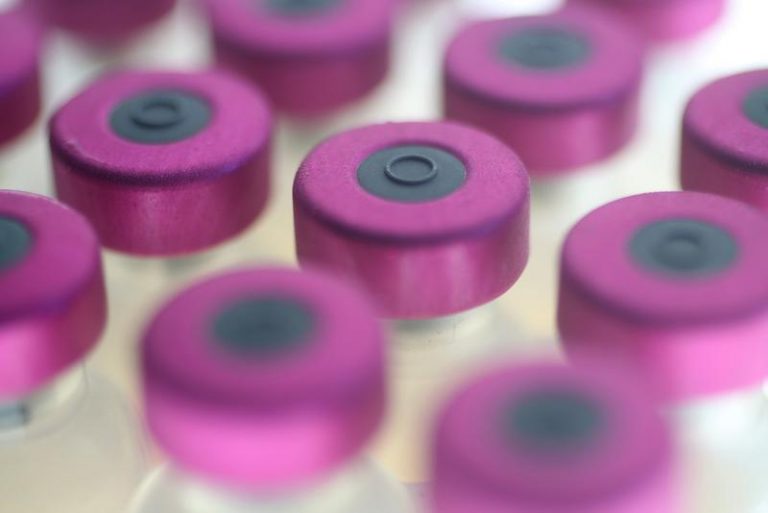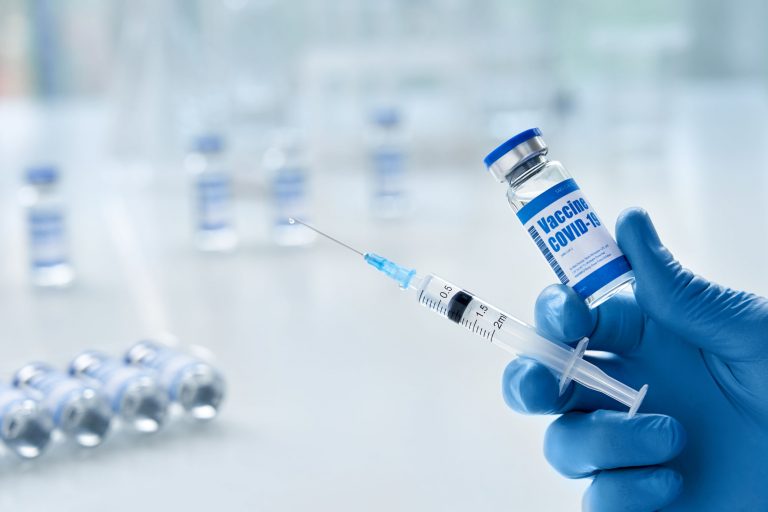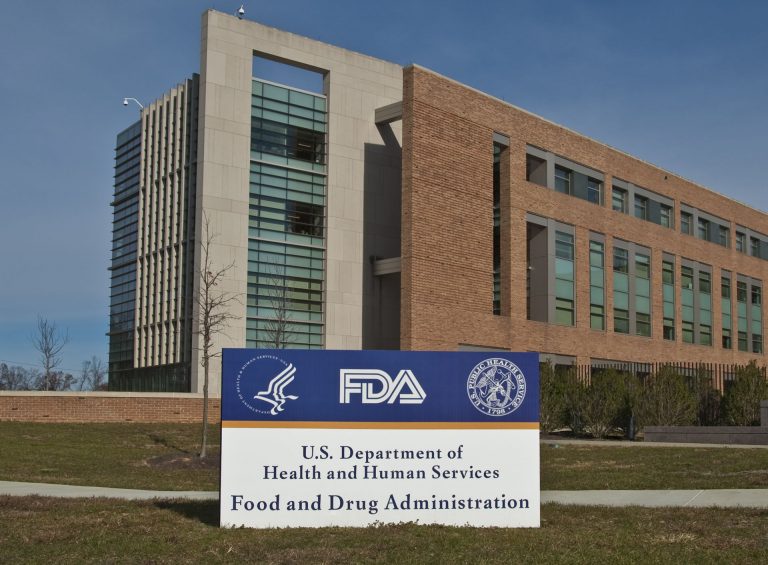After a sluggish and error-prone beginning to a country-wide effort to vaccinate Americans against Covid-19, it seems things are quickly improving.
According to the Centers for Disease Control, as of March 18th, nearly 113 million Americans have received at least Covid-19 vaccination (two of the three available vaccines require two separate injections). The agency also reports that 12 percent of the US population is fully vaccinated and that about 2.4 million citizens are being vaccinated daily.
